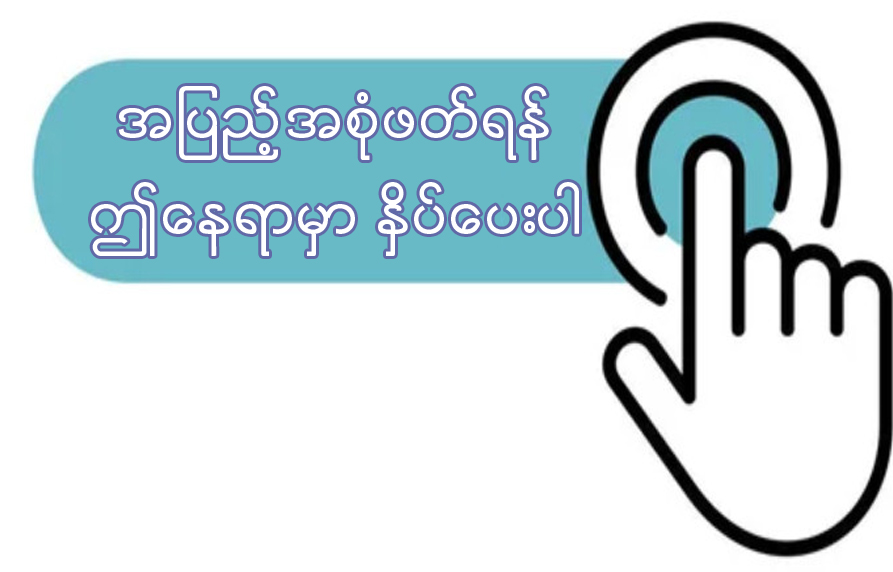Blockchain technology can significantly enhance transparency in charitable donations, ensuring that funds are used efficiently and reach their intended recipients.
Here are the key ways blockchain improves transparency in the charity sector:








1. Immutable and Transparent Ledger
Public Record of Transactions
Traceability: Every transaction is recorded on a public ledger, which anyone can access and verify. This ensures that all donations can be tracked from the donor to the final recipient.
Accountability: Charitable organizations can provide donors with a transparent view of how their contributions are being spent, increasing trust and accountability.
Prevention of Fraud
Tamper-Proof Records: Once a transaction is recorded on the blockchain, it cannot be altered or deleted. This immutability reduces the risk of fraud and misappropriation of funds.
Auditability: Auditors can easily verify the flow of funds through the blockchain, simplifying the auditing process and ensuring compliance with regulatory requirements.
2. Smart Contracts for Automated Distribution
Conditional Disbursement
Automated Processes: Smart contracts can be programmed to release funds automatically when certain conditions are met, ensuring that donations are used for their specified purposes.
Efficiency: Reducing the need for intermediaries and manual processing, smart contracts streamline the distribution of funds and lower administrative costs.
Milestone-Based Funding
Performance-Linked Donations: Donors can tie their contributions to specific milestones or outcomes. Funds are released only when these milestones are achieved, ensuring that projects are progressing as planned.
Transparency in Project Execution: This approach provides real-time updates on the status of projects, fostering greater transparency and confidence among donors.
3. Enhanced Donor Engagement
Real-Time Updates
Tracking Donations: Donors can track their contributions in real-time, seeing exactly where and how their money is being used.
Impact Reports: Blockchain can provide automated impact reports, detailing the outcomes and benefits of funded projects, thereby enhancing donor satisfaction and engagement.
Direct Donor-Recipient Connection
Personalized Giving: Blockchain enables direct interactions between donors and recipients, allowing donors to choose specific projects or beneficiaries they want to support.
Feedback Mechanism: Recipients can provide feedback directly to donors, creating a more personal and transparent giving experience.
4. Decentralized Charity Platforms
Peer-to-Peer Donations
Eliminating Intermediaries: Decentralized platforms allow donors to give directly to recipients, reducing overhead costs and increasing the proportion of funds that reach the end beneficiaries.
Global Reach: Blockchain facilitates cross-border donations with minimal fees and delays, expanding the reach and impact of charitable efforts.
Community Governance
Decentralized Decision-Making: Using blockchain, communities can have a say in how funds are allocated and managed, ensuring that resources are used in ways that best meet local needs.
Collaborative Projects: Multiple stakeholders, including donors, recipients, and community members, can collaborate on projects, enhancing transparency and accountability.
5. Verification of Beneficiaries
Digital Identity Verification
Secure Identities: Blockchain can provide secure and verifiable digital identities for recipients, ensuring that aid is delivered to the intended individuals.
Preventing Duplicates: By using unique digital identities, blockchain helps prevent duplicate claims and ensures fair distribution of resources.
Proof of Impact
Verified Outcomes: Beneficiaries can use blockchain to verify the receipt and impact of donations, providing evidence of how funds are making a difference in their lives.
Transparent Reporting: This verification process ensures that reports on the use of funds and their impact are accurate and trustworthy.
6. Case Studies and Examples
UNICEF’s CryptoFund
Innovation in Funding: UNICEF’s CryptoFund accepts, holds, and disburses cryptocurrency, providing a transparent and efficient way to manage and track donations.
Global Impact: The CryptoFund supports open-source technology benefiting children and young people globally, with all transactions visible on the blockchain.
GiveTrack by BitGive
Transparency in Charity: GiveTrack allows donors to track the progress of their donations in real-time, providing transparency and accountability for charitable contributions.
Project Reporting: The platform offers detailed reports on the outcomes of funded projects, enhancing trust and engagement among donors.
Alice Platform
Outcome-Based Funding: Alice uses blockchain to track social impact projects, ensuring that funds are released only when pre-agreed outcomes are met.
Donor Assurance: Donors receive updates and proof of impact, ensuring that their contributions are making a real difference.
Benefits of Blockchain in Charitable Donations
Increased Trust: Transparency and traceability of donations build trust between donors and charitable organizations.
Efficiency and Cost Reduction: Automating processes and reducing intermediaries lower administrative costs, ensuring more funds reach those in need.
Enhanced Accountability: Immutable records and real-time reporting ensure that funds are used responsibly and effectively.
Global Accessibility: Blockchain enables seamless, low-cost cross-border donations, expanding the potential for global charitable initiatives.
By leveraging blockchain technology, charitable organizations can enhance transparency, accountability, and efficiency, ultimately increasing donor confidence and maximizing the impact of their contributions.

Leave a Reply